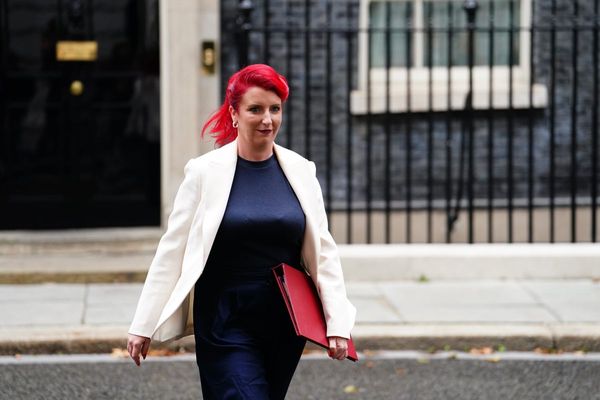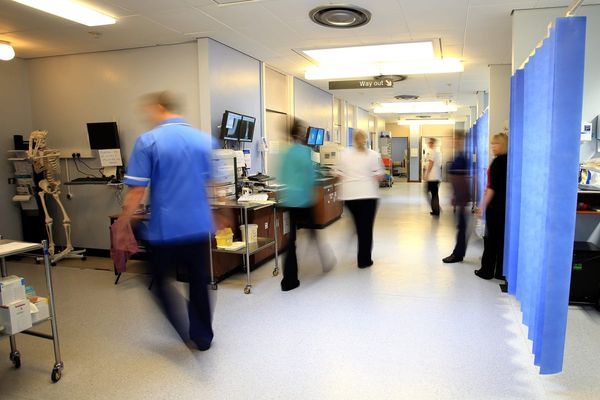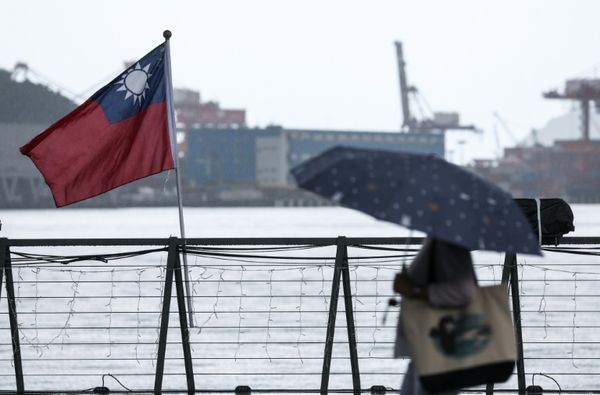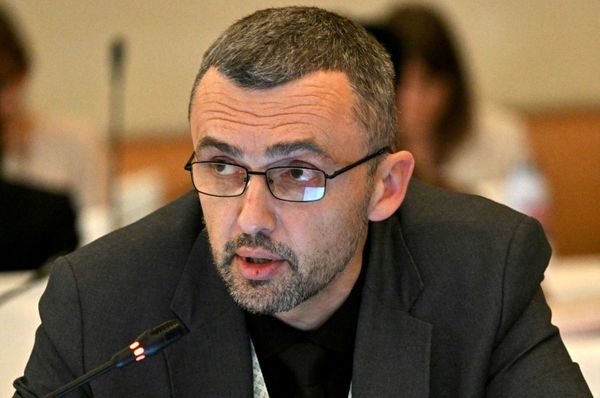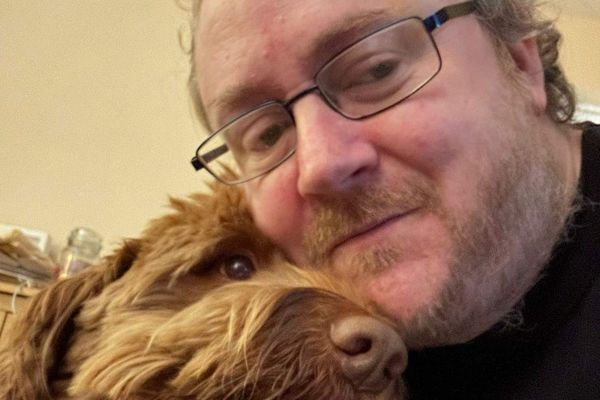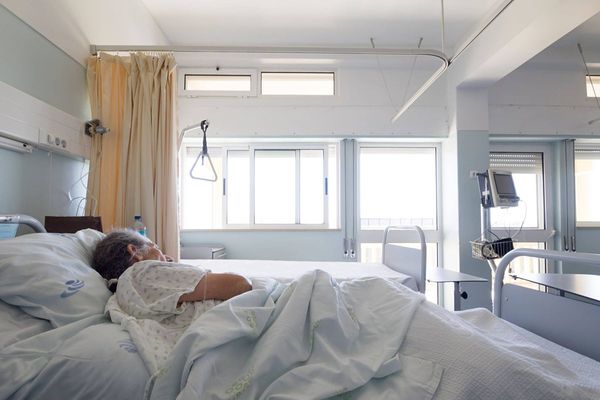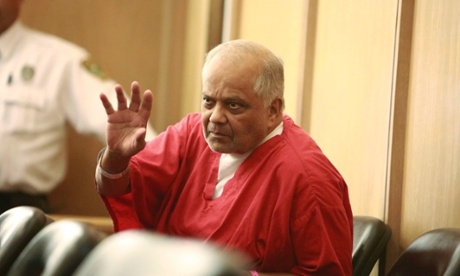
A Florida judge has refused to order a new trial for a British businessman who has spent almost 30 years in prison for murder, declaring that fresh evidence presented in support of overturning his conviction was “too weak”.
Lawyers for Krishna Maharaj, 75, had argued at a four-day evidentiary hearing in Miami in November that he was framed for the 1986 killings of a suspected money launderer and his son by a Colombian drug gang, and that the case was “an epic miscarriage of justice”.
But circuit court judge William Thomas announced on Friday that he had “fully considered” the new evidence in the case, including statements by cocaine king Pablo Escobar’s former hitman, and concluded there were no grounds for either throwing out the conviction or ordering a retrial. He did, however, open the door to an appeal.
“The evidence presented is not of such a nature to create reasonable doubt,” Thomas said in his ruling.
Additionally, he said, there were “inherent credibility concerns and admissibility issues surrounding the newly discovered evidence”.
At the November hearing, the court heard testimony reportedly from Jhon Jairo Velásquez Vásquez, once Escobar’s chief assassin, which pointed the finger at his former boss for ordering the execution of Derrick Moo Young and his son Duane in a Miami hotel room. But a retired agent from the Drug Enforcement Administration presented the evidence after saying he spoke to Velásquez by phone, prompting prosecutors to argue that it could not be considered.
Friday’s decision is a crushing blow for Maharaj, once one of Britain’s wealthiest men who spent 15 years on death row before his sentence was commuted to life imprisonment in 2002.
He was not in court to hear Thomas announce his ruling but was represented by his lawyer Clive Stafford Smith of the London-based human rights charity Reprieve. Stafford-Smith said that last year’s hearing was his client’s last real chance of freedom, and fears that his client, who is in ailing health and walks only with the aid of a frame, will now die in prison.
“There’s no question in my mind we can get this reversed but that takes time, and Kris doesn’t necessarily have that time,” he said.
“I am depressed and totally shell-shocked. Of all the cases I’ve ever handled this is the most shocking. What more can we be expected to prove when we have four people connected with the Medellín cartel saying they did the murders, not Kris? But there is clearly room to appeal, there are good arguments.”
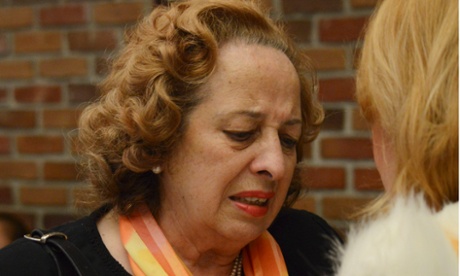
The case brought Miami’s infamous cocaine era of the 1980s into sharper focus. Prosecutors said Maharaj, a Trinidad-born self-made multimillionaire with a passion for Rolls-Royce cars and racehorses, was involved in a business dispute with the Moo Youngs, who owed him $400,000 over a failed property deal, and that he shot them to death in a room at Miami’s Dupont Plaza hotel by way of revenge.
Maharaj, meanwhile, has long argued that he was the innocent fall guy for a hit by the notorious Medellín drugs cartel, whose leader Escobar had discovered the Moo Youngs were taking an unauthorised cut of cocaine money they were entrusted to launder. A statement to the court by Velásquez claimed that he had heard Escobar talking about the victims: “They had stolen his money and that of his partners and that therefore they had to die,” he said.
In addition, Stafford Smith presented evidence that a man with known links to the cartel was the only other registered occupant of the 12th floor of the Dupont Plaza on the night the Moo Youngs were killed, and he produced a witness who claimed he saw a different man from Maharaj in the lobby of the hotel on the same night with his clothes covered in blood.
Michael Flynn, a Miami police officer at the time of the murders, who is now serving a 25-year sentence for possession of cocaine and domestic violence, testified for Maharaj that corrupt cops helped to frame him.
“A lot of the dealers had influence with others in the Miami police department,” he said.
But John Kastrenakes, the original prosecutor in the case and now circuit court judge in Florida’s Palm Beach County, said “it would be a waste if time” to look at anybody other than Maharaj for the murders. Maharaj’s fingerprints were in the room where the Moo Youngs were shot, he said, and “there was no evidence that caused the prosecution team to have any doubt that Mr Maharaj was involved.”
